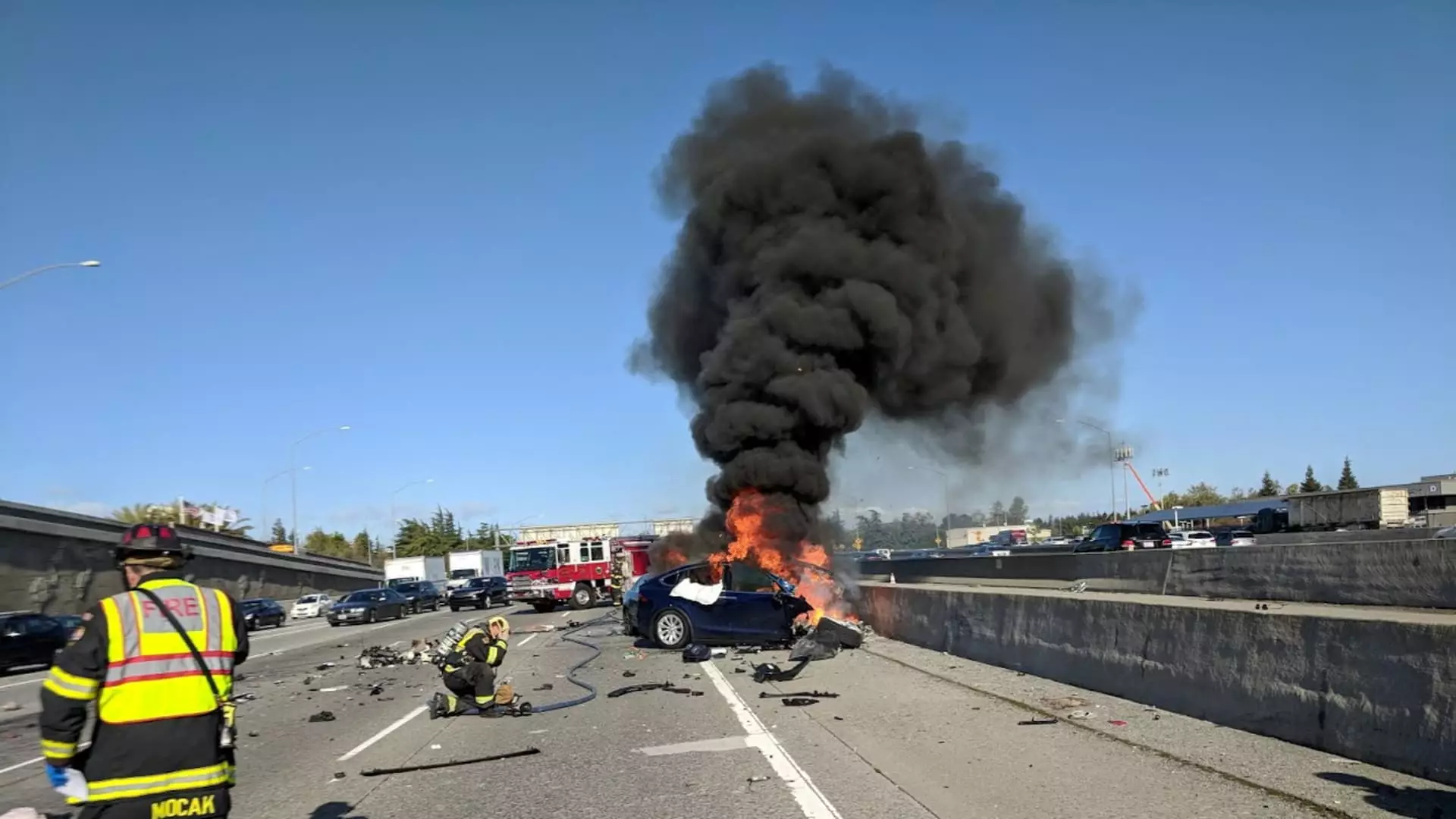Tesla has reached a settlement in a wrongful death lawsuit filed by the family of Walter Huang, an Apple engineer who tragically died in a crash involving his Tesla Model X SUV with Autopilot engaged. The incident occurred near Mountain View, California in 2018, and the settlement comes as jury selection and a trial were about to begin in a California Superior Court.
The National Transportation Safety Board (NTSB) conducted an investigation into the fatal crash and revealed its findings in 2020. The agency concluded that Tesla’s technology was at least partially responsible for the collision, along with potential driver distraction and issues with road construction. It was reported that Huang may have been looking at a game on his phone moments before the crash.
According to the NTSB, Tesla’s forward collision warning system failed to alert the driver, and the automatic emergency braking system did not activate as Huang’s Model X accelerated into a highway barrier. The agency also noted that faded lane markings and the positioning of the crash attenuator may have contributed to the accident.
Following the tragic event, Huang’s family filed a wrongful death lawsuit against Tesla, highlighting concerns about safety and design defects in the company’s driver assistance systems. The case, Sz Huang et al v. Tesla Inc. et al, was filed in a California Superior Court in Santa Clara County.
Attorneys for the Huang family pointed to social media and marketing messages from Tesla and its CEO Elon Musk, suggesting that Autopilot made Tesla vehicles safe to drive without the need to stay attentive or keep hands on the steering wheel. Internal Tesla emails referenced in court filings revealed that company executives and engineers had become complacent while using Autopilot, engaging in activities like reading emails and checking their phones while driving.
A civil jury trial was scheduled to commence in San Jose, California before Tesla decided to settle the lawsuit. The company’s legal team argued that Huang was an inattentive driver who was playing mobile games on his phone when the crash occurred. Details of the settlement agreement were not disclosed publicly, as Tesla filed to seal that information.
The fatal crash and the subsequent legal proceedings have raised concerns about Tesla’s safety culture and the effectiveness of its driver assistance systems. The outcome of this case could have set a precedent for product liability suits against the EV maker and potentially opened the door for more lawsuits in the future.
The settlement of the wrongful death lawsuit involving Tesla’s Autopilot system prompts a critical examination of the safety implications of autonomous driving technologies and raises important questions about accountability and responsibility in the realm of driver assistance systems.


Leave a Reply